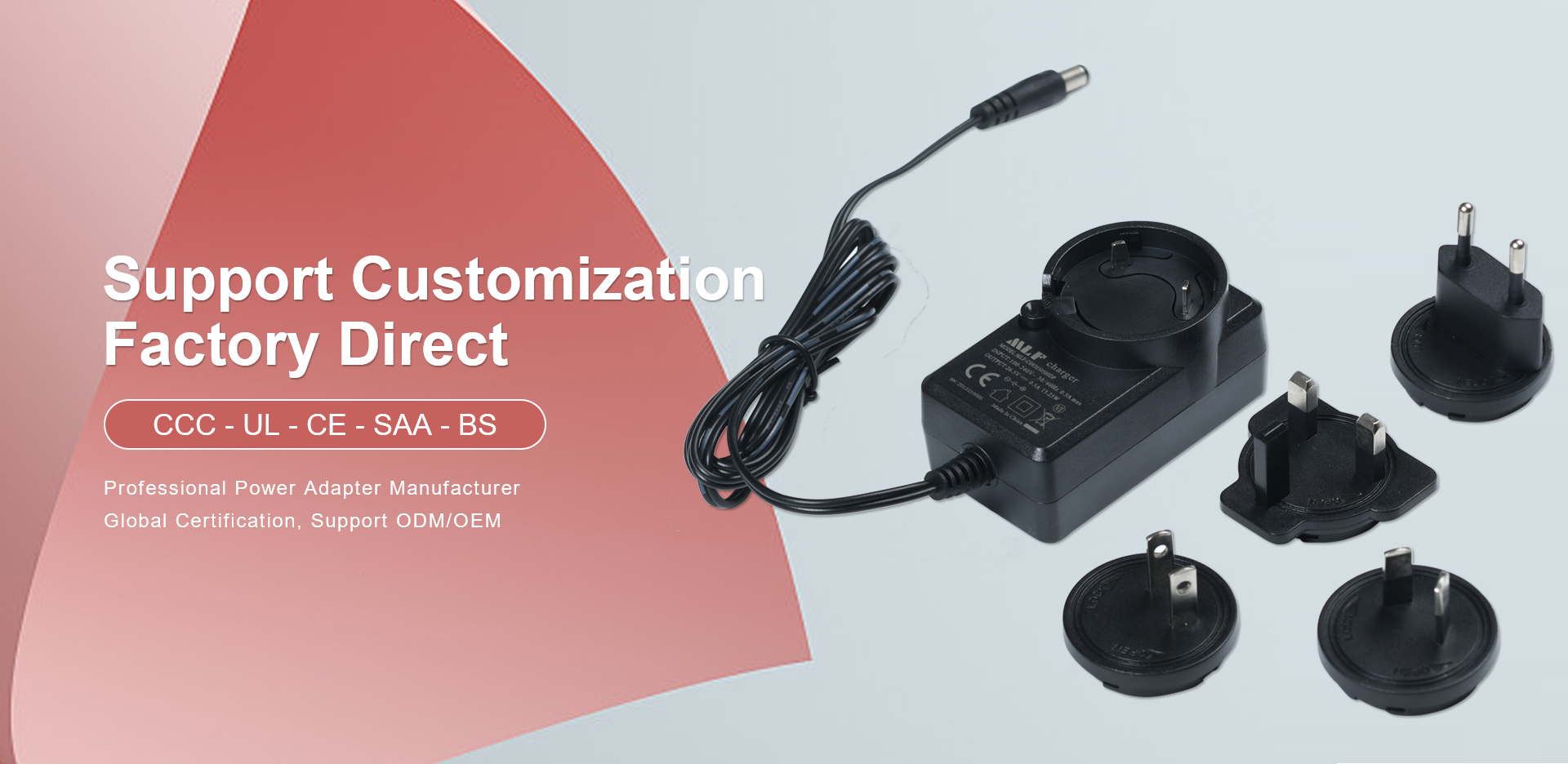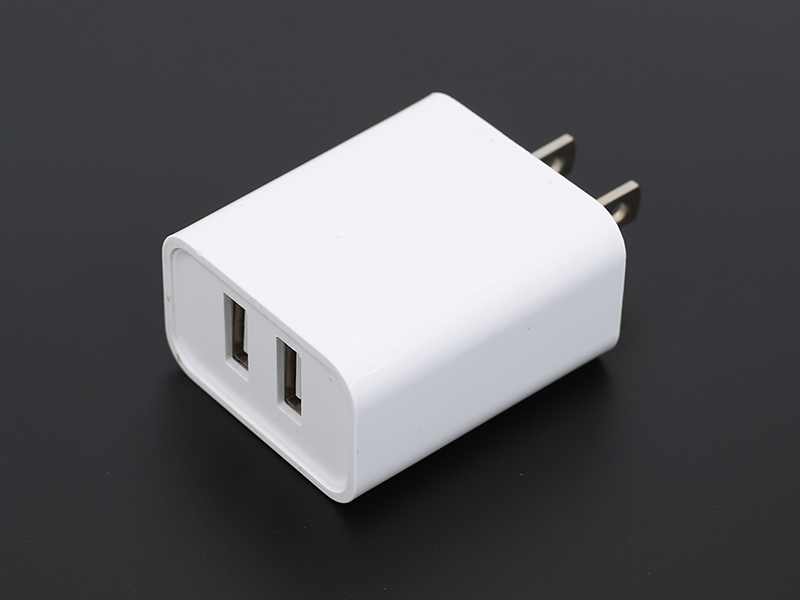
The power-off protection function of the charger is one of the core protection designs. This function can promptly cut off the power supply in case of abnormal current, unstable voltage, equipment overload, short circuit, etc., to prevent equipment damage caused by abnormal voltage.

The power-off protection mechanism includes multi-level monitoring such as temperature sensing, current detection, and voltage control. When a sudden increase in current, short circuit, or abnormal temperature is detected inside the charger, the protection system immediately starts, quickly disconnects the power output, and prevents further abnormal expansion.
Chargers with power-off protection function perform more stably in high load and high-frequency usage environments. It can effectively prevent potential problems such as overheating, circuit damage, and battery expansion caused by long-term charging, ensuring equipment stability.
Some chargers are also equipped with intelligent recognition mechanisms that can automatically adjust the output power based on the battery condition of the device, reducing the probability of overcharging. Power outage protection is not only suitable for homes and workplaces, but also widely used in industrial, transportation, medical and other scenarios that require high power stability.
Valuing the power-off protection function of chargers can help improve the charging process level, reduce the potential risk of sudden electrical failures, and extend the overall service life of equipment.